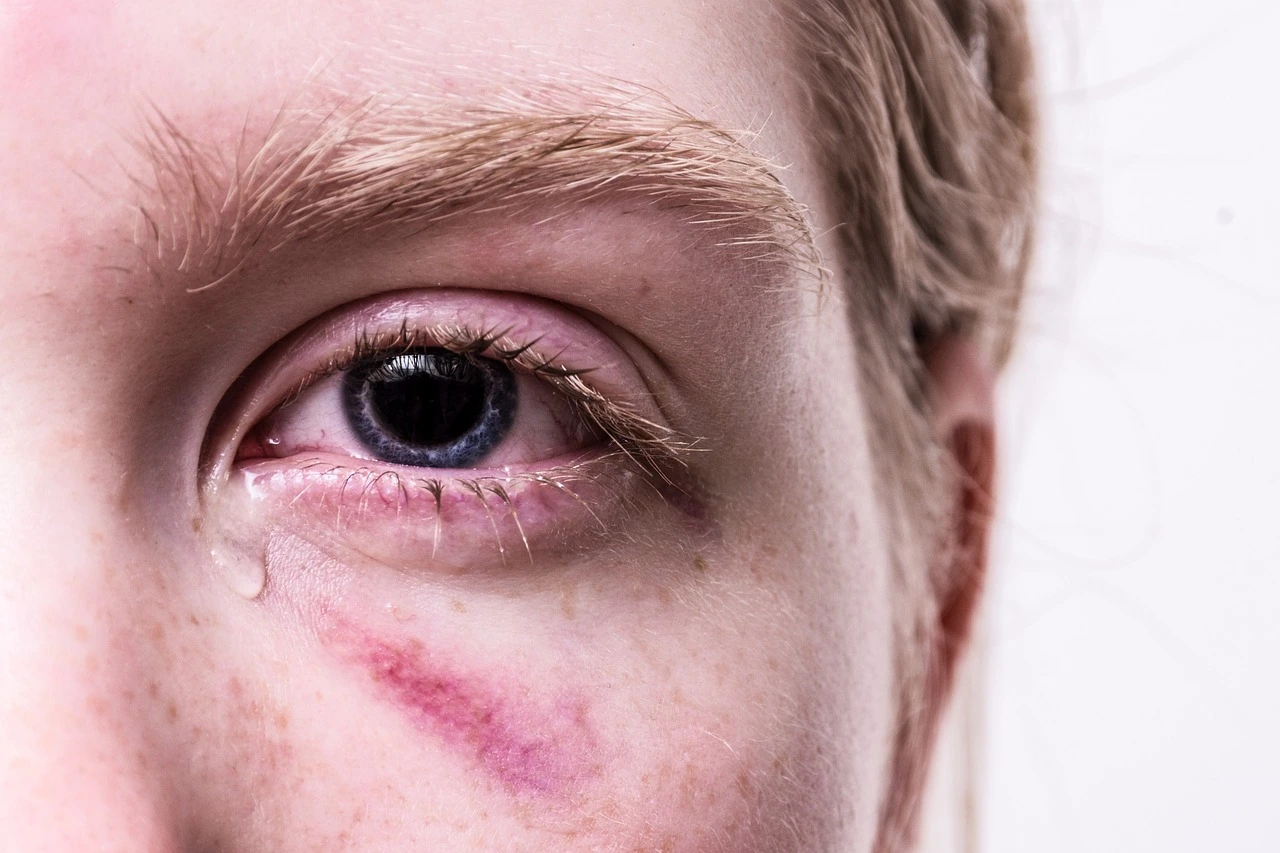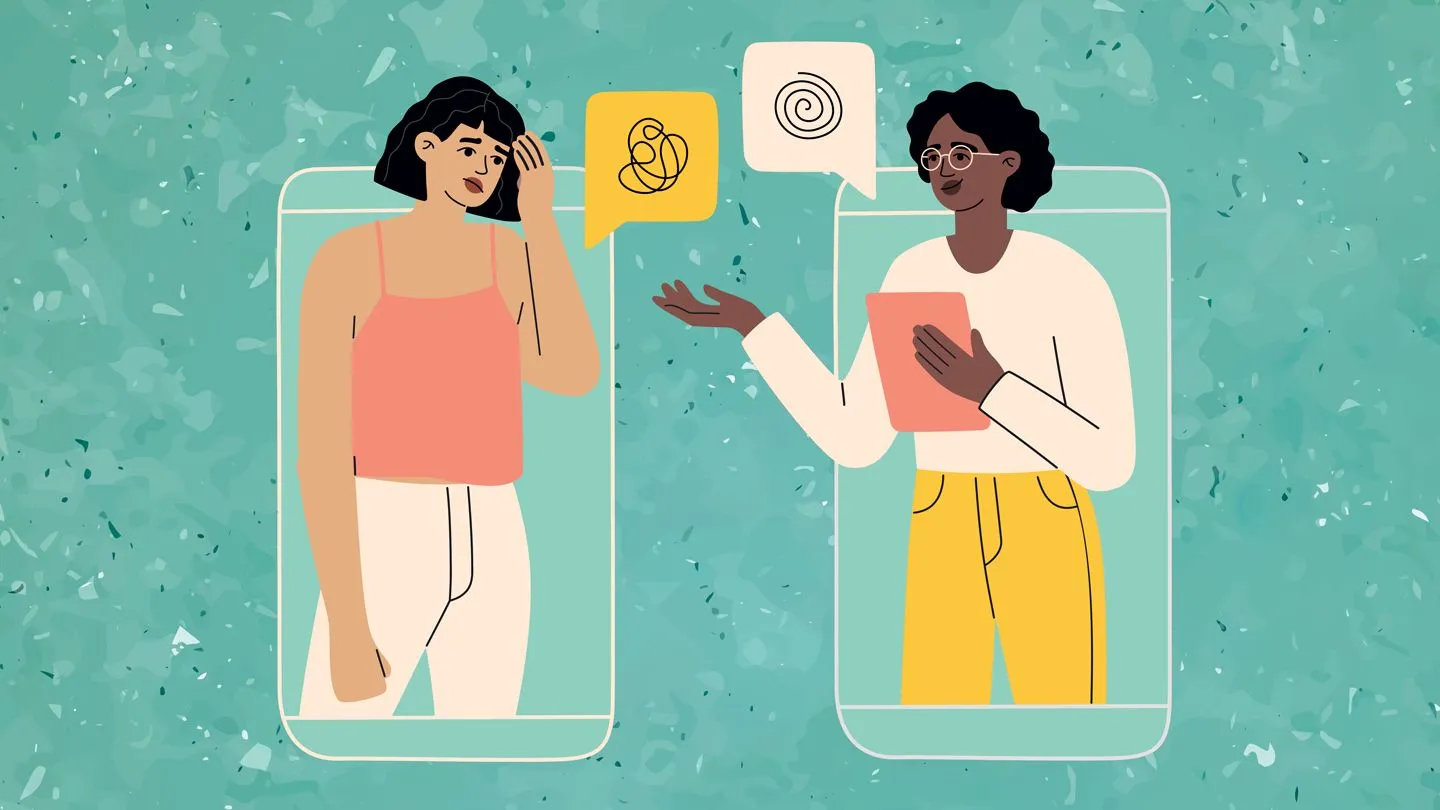Depression is a tough journey, and one of the most common questions people have is, “How long will depression treatment last?” It’s a valid concern, as knowing what to expect can provide a sense of hope and direction. Let’s dive into this topic to understand the duration of depression treatment and the factors that influence it.
Understanding Depression
Depression isn’t just a bout of the blues or a rough patch. It’s a serious mental health condition that affects how you feel, think, and handle daily activities. Symptoms of depression can include persistent sadness, loss of interest in activities, changes in appetite or weight, sleep disturbances, and even thoughts of death or suicide. Given its complexity, treating depression requires a tailored approach.

Factors Influencing Treatment Duration
The duration of depression treatment varies widely from person to person. Here are some factors that influence how long it might take:
- Severity of Depression: Mild depression might be resolved in a few months, while moderate to severe depression can take longer to treat.
- Type of Depression: Different types of depression, such as major depressive disorder, persistent depressive disorder, or bipolar disorder, have different treatment timelines.
- Treatment Approach: The methods used—whether it’s medication, therapy, lifestyle changes, or a combination—can affect the duration of treatment.
- Individual Response: Everyone responds differently to treatment. Some people may see improvements quickly, while others might take longer.
- Support Systems: Having a strong support system of family and friends can positively influence the treatment duration.
Typical Treatment Phases
Depression treatment usually goes through several phases:
Acute Phase
This initial phase focuses on reducing symptoms. It often involves medication, therapy, or both. The goal is to achieve remission, where the symptoms are significantly reduced or gone. This phase can last anywhere from 6 to 12 weeks.
Continuation Phase
Even after symptoms improve, it’s crucial to continue treatment to prevent relapse. This phase typically lasts 4 to 9 months. It involves maintaining the same treatment plan that worked during the acute phase.
Maintenance Phase
For individuals with recurrent depression, long-term maintenance treatment might be necessary to prevent future episodes. This phase can last for several years or even be ongoing, depending on the individual’s needs.
Types of Treatment and Their Durations
Let’s take a closer look at different types of depression treatments and how long they typically last.
Medication
Antidepressants are a common treatment for depression. They can take a few weeks to start working, and it’s often recommended to continue taking them for at least 6 months after symptoms improve. Some individuals might need to take medication for longer periods, especially if they have recurrent depression.
Therapy
Psychotherapy, or talk therapy, is another cornerstone of depression treatment. Cognitive-behavioral therapy (CBT), one of the most effective types, typically involves weekly sessions over 3 to 6 months. However, the duration can vary based on individual progress. Other therapies, like interpersonal therapy (IPT) or psychodynamic therapy, might have different timelines.
Lifestyle Changes
Incorporating lifestyle changes such as regular exercise, a healthy diet, and sufficient sleep can greatly aid in managing depression. These changes are ongoing and should be seen as part of a long-term strategy for maintaining mental health.
Combination Therapy
Often, a combination of medication and therapy yields the best results. This approach can address both the biological and psychological aspects of depression, potentially leading to faster and more sustained improvements.
If you want to know more about “What Is Grief Counselling and Grief Therapy?” visit our blog page now!

The Importance of Patience and Persistence
One of the key takeaways from these stories is the importance of patience and persistence. Depression treatment is not a quick fix. It requires time, effort, and sometimes adjustments to find the right combination of therapies that work for you.
Staying Motivated
Staying motivated during depression treatment can be challenging, but here are some tips to help you stay on track:
- Set Small Goals: Break down your recovery into small, manageable goals. Celebrate your progress, no matter how small it might seem.
- Stay Connected: Lean on your support system. Share your feelings and progress with trusted friends or family members.
- Track Your Progress: Keep a journal of your mood and symptoms. It can be encouraging to look back and see how far you’ve come.
- Be Patient: Understand that setbacks are part of the process. Don’t be discouraged by them. Keep working with your healthcare provider to adjust your treatment plan as needed.
When to Seek Help Again
Even after completing treatment, it’s important to remain vigilant about your mental health. If you notice symptoms returning, don’t hesitate to seek help again. Early intervention can prevent a full-blown relapse and help you get back on track more quickly.
If you’re looking for a trusted Arlington Depression Treatment Center, just give Elysian Psychological Services a call now!
Conclusion
So, how long does depression treatment last? There’s no one-size-fits-all answer. It depends on various factors, including the severity of your depression, the type of treatment you’re receiving, and your individual response. The key is to remain patient and persistent, knowing that recovery is possible.
Remember, seeking help is a sign of strength, not weakness. If you or someone you know is struggling with depression, reach out to a mental health professional. With the right support and treatment, it’s possible to manage depression and lead a fulfilling life.
Resources for Further Support
If you’re looking for more information or support, consider reaching out to the following organizations:
- National Alliance on Mental Illness (NAMI): Provides resources, support groups, and information on mental health conditions.
- Mental Health America (MHA): Offers screening tools, resources, and support for those dealing with mental health issues.
- Substance Abuse and Mental Health Services Administration (SAMHSA): Provides a helpline and resources for individuals facing mental health challenges.
Final Thoughts
Depression treatment is a journey that takes time and effort. By understanding the factors that influence treatment duration and staying committed to your recovery plan, you can navigate this journey with greater confidence. Remember, you’re not alone, and help is available. Keep moving forward, and don’t hesitate to seek support when you need it. Wondering how long depression treatment lasts? Find clarity and support with Elysian Psychological Services, where our expert team tailors treatment plans to your unique needs. Start your journey to mental wellness today and see the difference personalized care can make. Don’t wait another day to begin your path to recovery. Contact us now to take the first step toward a brighter future.


